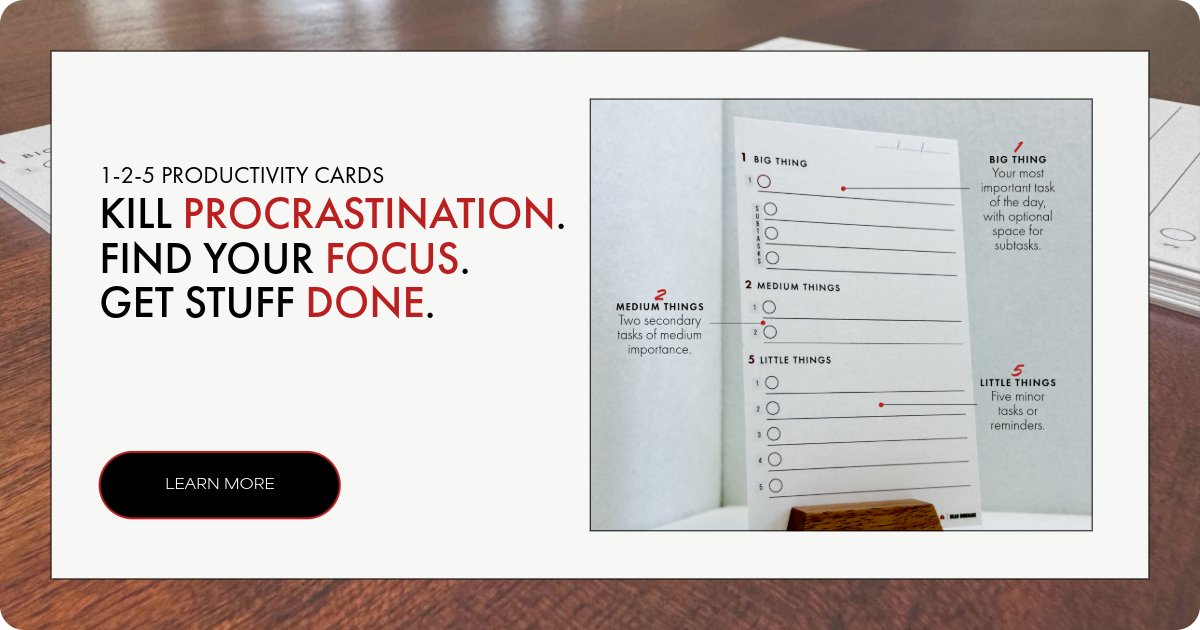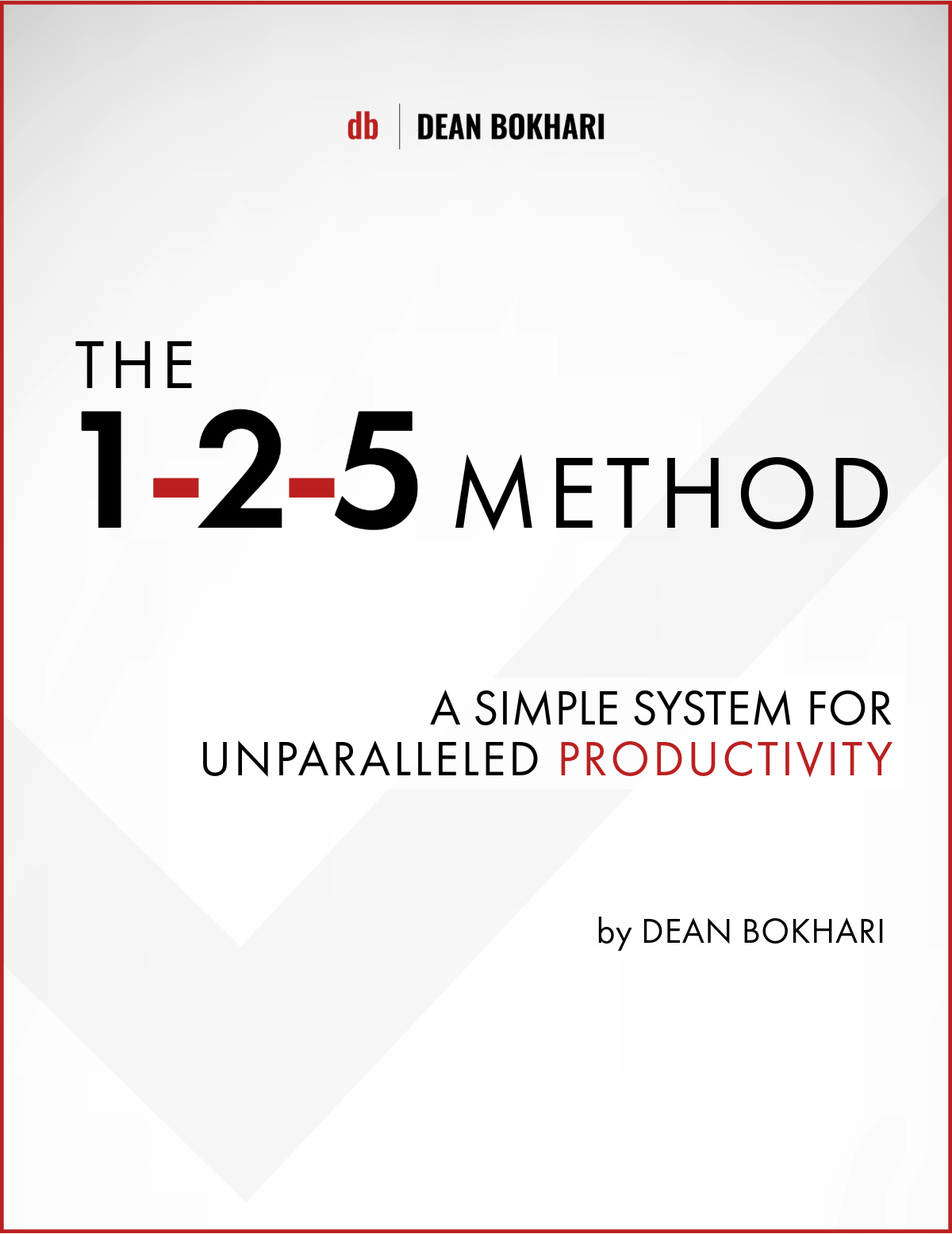Emotional
Intelligence: The Unrecognized Catalyst for Business and Personal Success
Collaborative Post
Here’s the scoop on emotional intelligence—AKA EI or EQ-emotional quotient, as they like to call it in the biz: it’s your secret weapon to nail it both in your career and at the office. Picture this: the business world’s always on a roller coaster, right? New tech, new strategies, it’s all just go, go, go! But here’s what sticks: emotional intelligence. It is not just some catchy buzzphrase; people found a whole career based on this stuff. But first, of course, one becomes accountable to oneself. Some naturally may have that EI radar always on point, but for the rest of us? Well, we gotta put in the work. It is like any skill, really—learnable, teachable, and absolutely essential. So dive into this guide, and you’ll find out how to attain this skill. We’re talking personal wins, top-shelf leadership, and making a culture where every person is set up for success. Now, let’s get the feelings party started, shall we?
Understanding Emotional Intelligence
The Nature of Emotional Intelligence
But how exactly does one define it? Just think of it as a kind of emotional radar that offers the ability to instantly read situations and intuitively know when the timing is right or wrong when to hold back or surge ahead. It’s about noticing our tide of feelings and then moving through others’ emotions with ease. Emotional intelligence, in a nutshell, is the ability that will make all the difference in your perspective of business. Mastering EI enables you to cope better with personal conflicts as well as work challenges. It’s having an inner mentor who can only whisper to you softly in tricky situations and point toward the best course of action. Furthermore, it is an instant trait among companions and bosses that puts you in the bracket of a ‘respected member’ in any team.
The Five Components of EI
Daniel Goleman threw down the gauntlet with his five critical EI skills: self-awareness, self-regulation, internal motivation, empathy, and social skills. Together, they provide the backbone for how well you will play with others and lead your troops in the business jungle. Each of these can be developed to a very large extent and bring marked improvement in one’s leadership ability and team dynamics. It is not whether a person understands emotions or not; it is how one uses such an understanding to create a more productive and harmonious work atmosphere. Indeed, these are not nice-to-haves but must-haves for any aspiring leader.
Measuring Emotional Intelligence
So, how do you measure something so fluid? From scores to insight—from feedback loops with your peers to reflective self-assessment and reading social cues. Knowing where you stand is your first step up the EI ladder. Regularly seeking feedback from others and reflecting on your interactions can help identify areas that need improvement. It’s the process of growth that keeps you evolving continuously, not as a professional but as a person.
EI in Leadership
The leaders who simply get it are the ones who
can handle each and every crisis with ease, who elicit from their team skills
that are beyond them, and who drive change using charisma that is contagious to
all. That’s the EI effect in the C-suite, and it’s pretty powerful. An
emotionally intelligent leader looks beyond the numbers and charts at the human
side of the business. They are the gates of change who can mold a group of people into a prepared team by
all means, ready to face whatever comes its way. An emotionally intelligent
leader now turns out not just to be someone respected but, rather, one of
value.
Career Development Impacted
Get your EI in check, and you’re probably
acing the career game. It’s about dodging office politics or pitching
revolutionary ideas; emotional savvy sees you through corporate seas with
panache. Well-developed EI can open doors for opportunities that may be out of
reach for others who are less aware of their human interactions. It is a skill
that differentiates you from the rest in a job market, mainly because most of
your technical skills might be somewhat similar in nature. The ability to
manage and influence people effectively will be what sets you apart on the
corporate ladder.
Building Emotional Intelligence
Cultivating Self-Awareness
Start this EI journey by listening to your personal emotional radio. Be it through focused mindfulness, writing in a diary, or just sitting back and reflecting; getting to understand your emotional self pays dividends. Such introspection really helps in understanding what triggers those emotional responses and how to manage them better. All this slowly brings in more reflective and thoughtful handling of personal and professional issues. It’s one of those cornerstones in personal growth and emotional agility.
Mastering Self-Regulation
It’s all about keeping cool, especially when things start heating up. Practice your techniques for calming, set boundaries, and give yourself some emotional space. Your emotional thermostat will thank you! Furthermore, good stress management will give you more stable relationships at work and in the family, besides its positive consequences for mental health. A profusion of self-control greets every decision that you make and keeps you focused under pressure; hence, you are a dependable leader when the chips are down.
Competence Building Social Skills
From nailing that first impression to crafting
resonating messages, your social toolkit is indispensable. It’s the grease in
your professional wheels that helps you work effectively and dissolve any
conflict with great flair. These sets of skills would further your reach and
influence in your network, making sure you are a key player in any business
scenario. Deft social skills make complex team projects easier to run and much
smoother, where every voice of the team member is being listened to and feels
important.
Unleashing Intrinsic Motivation
What gets your juices flowing? Find what keeps
you going beyond the paycheck, whether it’s personal growth, passion projects,
or making a difference. When your work resonates with your values, you can’t
help but stay motivated. Your intrinsic motivation, though, fuels
persistence and creativity and underpins innovation and excellence at work. It
is what keeps you going when external rewards are few, and the road to success
is steep. Nurturing this type of motivation can make your career much more than
just a job; it would turn out to be quite an interesting journey.

Via Pexels
EI Strategies for Business Growth
Improvement to Teamwork
Just think of a team that flows in emotional
sync—where all of them are tuned in with each other’s feelings and needs. That,
in effect, is the secret ingredient—strong innovation and unraveling complex
tangles together. In such a team, leveraging different viewpoints and strong points toward
important breakthroughs that stand impossible in more conventionally built
structures becomes pretty easy. This is using emotional intelligence en masse
to take teamwork up the notch.
Change Management Driving
When change comes knocking, emotionally
intelligent leaders open the door. They are the ones who help their teams up
and down, making sure that people have secured their seat belts for the ride.
Their adeptness at managing emotions reduces resistance and fear, thus
smoothing the transition toward far more successful outcomes. The ability to
navigate these stormy seas is what makes emotionally intelligent leadership
especially effective in dynamic business environments.
Improve Customer Relations
In other words, let the emotional pulse of your customer be your guide in business. Train your team to pick those vibes up. Interaction with a customer via a well-thought-out Custom Mailer Box for example can make customer satisfaction soar. By aligning your team’s emotional intelligence with the customer in need, you’re capable of providing service on a level that resonates and retains. This could make casual customers into loyal clients; sometimes, it is all that separates a good company from a great one.
Caring About a Positive Working Environment
A happy workplace isn’t all about perks and paychecks. Basically, it is building up an environment where respect, understanding, and support are just about the grind. That is a place where anyone and everyone thrives. Emotional Intelligence at work becomes key as it reduces stress, improves teamwork, and increases output with the emphasis on a culture of belonging where emotional health for everyone is taken care of—the surest path to job satisfaction and employee retention.
Sustaining Business Growth
Adaptability is the keyword in today’s market, and EI is the ace in adaptability. Whether it be through intuitive leadership or through the interaction, emotional intelligence gives a business the potential to become truly resilient and relevant. High EI flexibility allows businesses to shift with market changes and inner changes lightly but with the guarantee of continued growth and competitiveness.
Emotional intelligence, therefore, is not a peripheral skill but an intrinsic ingredient in personal growth and business management. With an investment in EI/EQ, spectacular success and growth are made real in businesses. It is not just a suggestion to develop one self and in turn one’s business but an absolute sine qua non. Keep in mind that emotional intelligence begins with a journey of commitment to self-improvement, working its way outwards, touching every interface and decision ever made in business.
—End of collaborative post—
✨ New Series: How to Become an Early Riser
- Discover key methods to make early rising a habit
- How to wake up early + energized every morning
- Morning routines for health + success
Free self-development courses
👇
Tap on any of the courses below to start learning how to:
- boost your productivity (with GTD),
- get focused (with Deep Work),
- or learn the art of influencing others (with the How to Win Friends & Influence People course.)
All for free.
👇
Free life guides
👇
Best-selling Self-development courses by Dean Bokhari
Kill procrastination.
|
Get stuff done.
|
Get motivated.
|
Connect with anyone.
|
freshly pressed:
Top Audiobooks narrated by Dean Bokhari on audible | |
Book summaries
- The Power of Habit by Charles Duhigg
- 12 Rules for Life by Jordan B. Peterson
- Presence by Amy Cuddy
- Leaders Eat Last by Simon Sinek
- The ONE Thing by Gary Keller, Jay Pasan
- Deep Work by Cal Newport






































